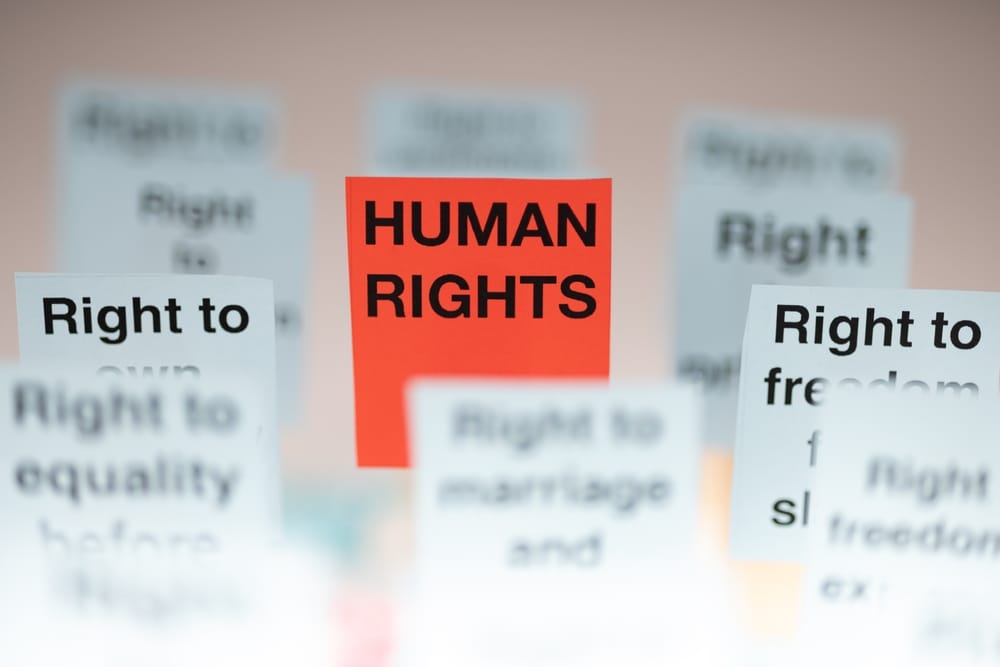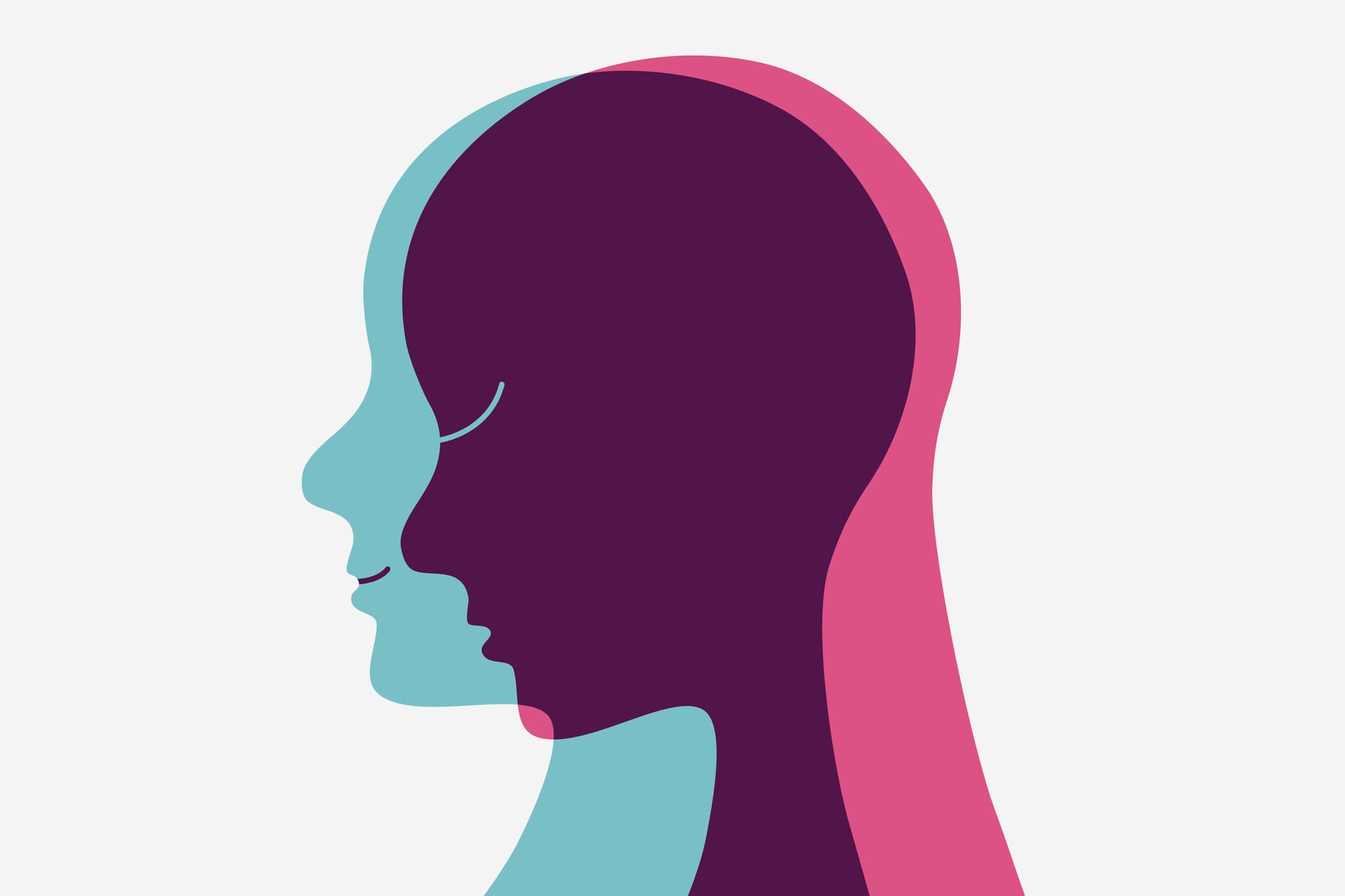
Housing, Human Rights, Healing
Why Our Mental Health System Needs a Reckoning
By Simon Katterl
When I talk about human rights in mental health, I’m not talking about abstract legal principles. I’m talking about people’s lives, their homes, their dignity, their safety. Every day, I see how the absence of rights in our system translates into real harm: people without housing, people subjected to coercion, people treated as problems to manage rather than humans to care for.
As CEO of the Mental Health Lived Experience Peak Queensland, I represent a community that has long been on the receiving end of those harms, people whose voices are often excluded from the systems designed to help them. My role, and the work of our organisation, is about making sure those voices lead the change, not follow behind it.
Housing is not a commodity, it’s a right
We’re in the middle of a housing crisis. That’s not an accident or an inevitable outcome of market forces. It’s the product of policy choices, decades of government decisions that have treated housing as a commodity rather than a human necessity.
From a rights perspective, housing is both a means and an end. It’s an end in the sense that every person deserves safe, secure, affordable housing as part of their basic dignity. But it’s also a means because housing underpins everything else. Without stable housing, you can’t hold down a job, access healthcare, maintain relationships, or even feel safe enough to recover.
So when we talk about human rights and mental health, housing must be at the centre. It’s not optional, it’s foundational.
A system built before rights existed
Our current mental health system was built around 200 years before the modern concept of human rights even existed. That legacy is still with us today. The system’s foundations are custodial, merging care and control into a single function. It’s why we still see such high rates of coercion, seclusion, and restraint.
The result is that people who most need support, those from marginalised or culturally diverse communities, are often the ones who are most harmed by the very services meant to help them. And because those harms are largely hidden from the public eye, they’re easy for governments to ignore.
What needs to change
The good news is that change is entirely possible, and it doesn’t require waiting for another generation. There are three things we can and should do right now.
- Establish a National Human Rights Act
At the federal level, we need a comprehensive Human Rights Act. Queensland, Victoria, and the ACT already have theirs, but we need a national framework that ensures human rights apply consistently across all systems, from healthcare to housing to child protection.This would give individuals a clear legal avenue to challenge violations and give governments a clear obligation to prevent them. More importantly, it would signal that human dignity is not negotiable, not something that can be traded away for budget savings or convenience. - Create a restorative justice process for mental health
The second change we need is a national restorative justice process that allows people with lived experience, practitioners, and government representatives to come together and face the truth about the harms of the current system. This isn’t about punishment or blame. It’s about truth-telling and responsibility. The public doesn’t yet understand the extent of harm that has occurred under the banner of care. Seclusion, restraint, involuntary treatment, these are not abstract policy issues. They are experiences that have left deep scars on people’s lives. A restorative justice process creates space for acknowledgement, empathy, and commitment to change at a local and systemic level. It’s not about tearing everything down; it’s about rebuilding trust and partnership. - Embed human rights into the design and governance of our systems
In Queensland, we already have a Human Rights Act. The challenge is that it’s not being complied with adequately. Too often, rights are treated as an afterthought, something to consider only when things go wrong.
But the real power of a Human Rights Act lies in prevention. It asks us to think about rights at the start: in how we design policy, how we fund services, and how we govern systems. If we build with rights from the ground up, we prevent harm before it happens.
This proactive approach isn’t just more ethical; it’s more efficient. It saves lives, it saves money, and it strengthens communities.
Collaboration is the way forward
Talking about human rights can be uncomfortable. It forces us to confront difficult truths about power, privilege, and harm. But discomfort is not the enemy; denial is.
That means
- Creating genuine partnerships between government, service providers, and people with lived experience.
- Co-designing policies, not just consulting on them.
- Treating human rights not as an aspiration, but as a minimum standard.
Reclaiming humanity
At the heart of all this is a simple idea: that every person, regardless of their circumstances, deserves dignity, safety, and agency.
Housing, healthcare, employment, these are not privileges to be earned. They are the foundations of a fair society. When we deny people those foundations, we create the very crises we later spend billions trying to fix.
The mental health system as it stands was not designed for human rights, but that’s exactly why we must redesign it now.
The opportunity before us is to build something that reflects who we are today, a society that values inclusion, equality, and justice.
As someone with lived experience, I’m not interested in tearing the system down. I’m interested in helping it grow up. The challenge is not whether we can imagine a better future; it’s whether we have the courage to start building it.


